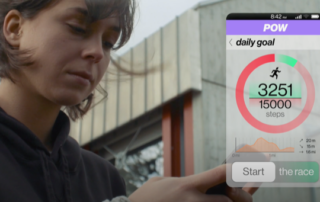Decoding Human Behaviour: An Exploration of Behavioural Science Methodologies
Selecting the right methodology for researching and exploring human behaviour can be a challenge. This article provides an overview of different applied behavioural science methodologies and offers some simple steps toward selecting the most suitable approach to gain insights into human behaviour.









